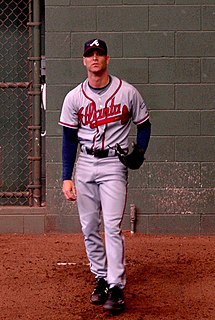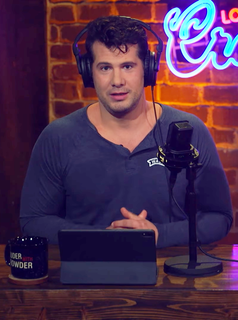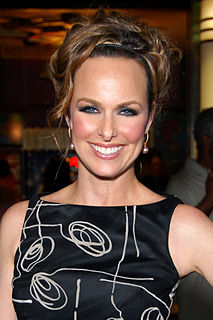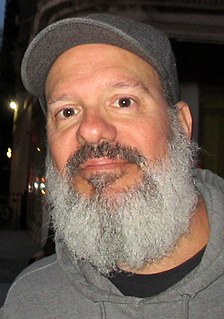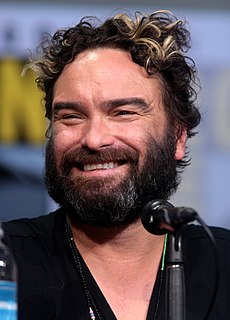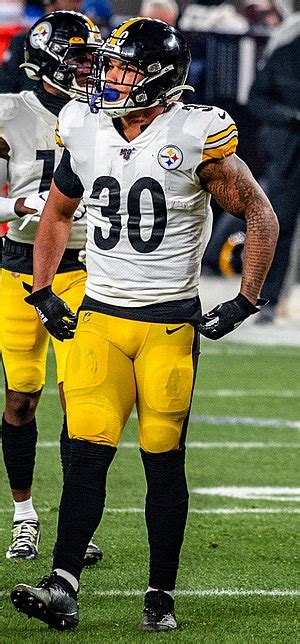A Quote by Dan Harmon
I grew up on network sitcoms. If those are gone when I'm 65 years old, I would never forgive myself for not stepping up to that plate, as often as possible. I'm already bummed out that DVDs are dying off because, in my 20s, those were a huge thing.
Related Quotes
Anyone who grew up in the crack era - you know, I grew up in that era - knew that there were also people out - and there are still guys to this day that are out there, you know, obviously drug dealing - but those were the guys who had access and had money. And some of those guys felt responsible to create opportunity for other people and were also aware of the dangers of their work and often aren't really the ones that are encouraging kids to get into drug dealing.
I love sitcoms, and I grew up on sitcoms. That's my tasty junk food. So I wanted to create a sitcom and have some really quirky characters, because most of the stuff they make now is just so marginalized. How interesting is a white guy who's 28 years old and lives in New York? What story have we not seen about a character like that? Just as a writer, it's so much easier to come up with comedy when you have a really oppressed Indian boy. Or a mother who is an addict but still has to take care of her kids.
I grew up in that minority. I grew up in the South, in Roswell, Georgia, and it was heavily white, Baptist, conservative. And the idea that somebody would come there and say those things that I said created an atmosphere where some people would walk out, and suddenly they weren't in the minority. For an hour and a half, they were the majority. So I would argue that it does need to be said.
A lot of it was, you know, you look for moments where, for instance, we were dependent on Abraham Lincoln making sure that the slaves were freed or John Kennedy bringing civil rights, or the first one I wrote about, George Washington trying to stop the British from invading and ending this country before it even began. Those were turning points where, if you had not had a president stepping up to the plate, if there wasn't a story like that, we would not be here.
When people are dying, they call their old enemies and try to forgive them and try to be forgiven by them. They call their old friends and affirm their love for them, as well as detach themselves from them, and they try to get into as free a space as they can so they're really ready to go. They give away all their possessions and are as generous as possible. They give up old hatreds and grudges, and that's a wise intuitive thing, because it's much freer to live like that.
[Michael] Chabon is arguing in favor of what is at the same time an old-fashioned and very forward-thinking opening up - of taking off the class associations with those labels, because we grew up, or I certainly grew up, feeling that, "Oh, there's literary fiction, and beneath that, there's these other things." He's actually saying that they're all of equal merit, and in many cases, that work in the genres, or work that draws from the genres is more entertaining for readers, since it is our job to entertain people.
I was a huge theater geek growing up, and that was not the easiest thing in the world, especially growing up in Chicago, where sports are really the norm. I was always off to the theater at night, from 7 years old on. Friends there in the Midwest who could talk to you about the idiosyncrasies of 'Pippin' were few and far between.
As much as I loved Pacino and De Niro and wanted to be a dramatic actor, I also grew up on sitcoms. I grew up on 'M*A*S*H' and 'All In The Family' and 'Cheers.' And then around this time - this would have been '95, '96 - I was so into 'Friends' and 'Mad About You,' the idea of being on a sitcom became a very real thing that I wanted.
It's not fear of striking out that makes me reluctant to step up to the plate. It's the fear of getting hit in the head by a 90 mph fastball, the pitcher coming off of the mound to stomp me with her cleats while I am down, the rest of the opposing team rushing out of the dugout hurling insults as they kick me and spit on me, while all along the crowd in the stands is cheering them on and laughing at my failure. So, no, it's not the fear of striking out that keeps me from stepping up to the plate.

